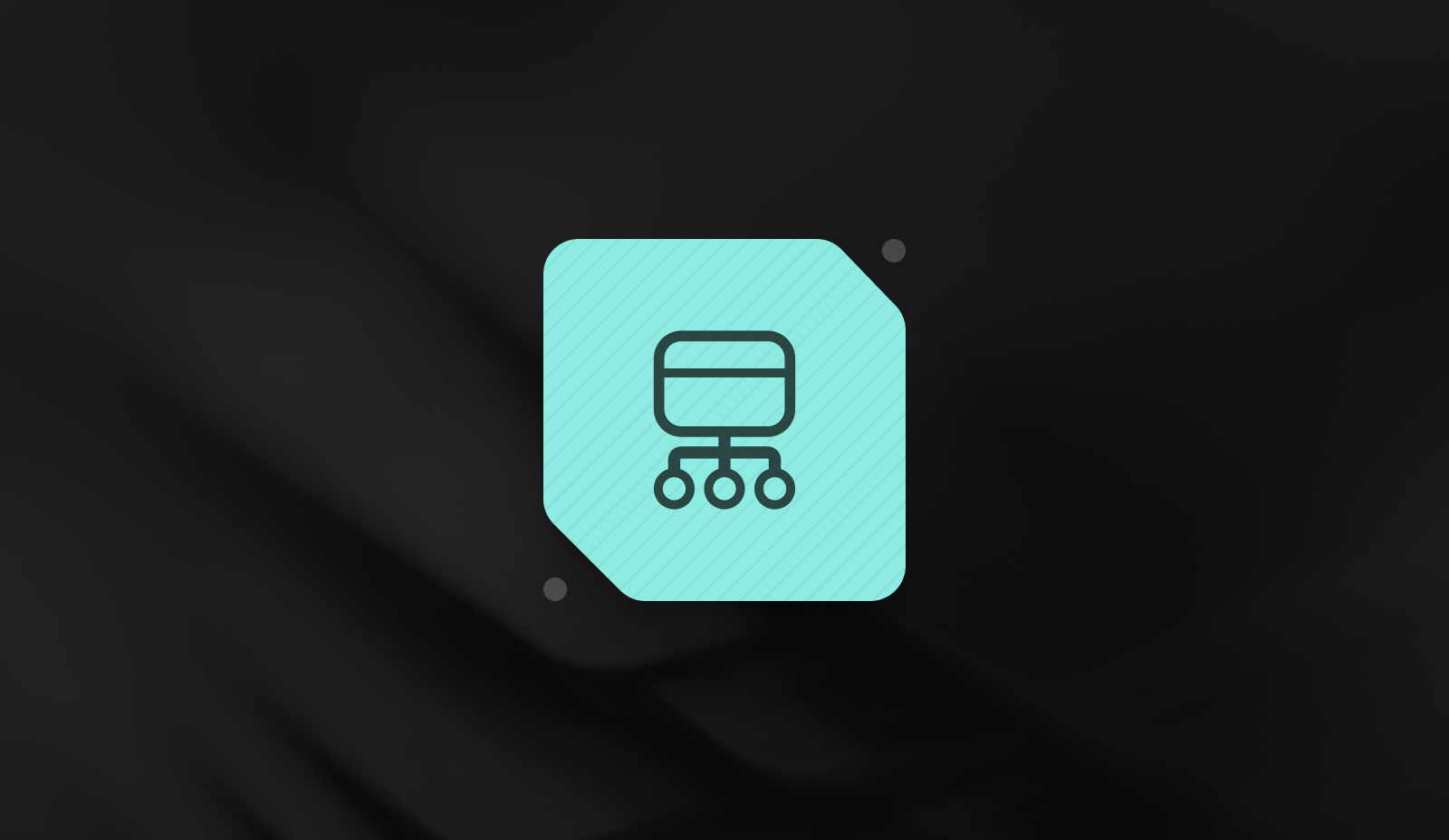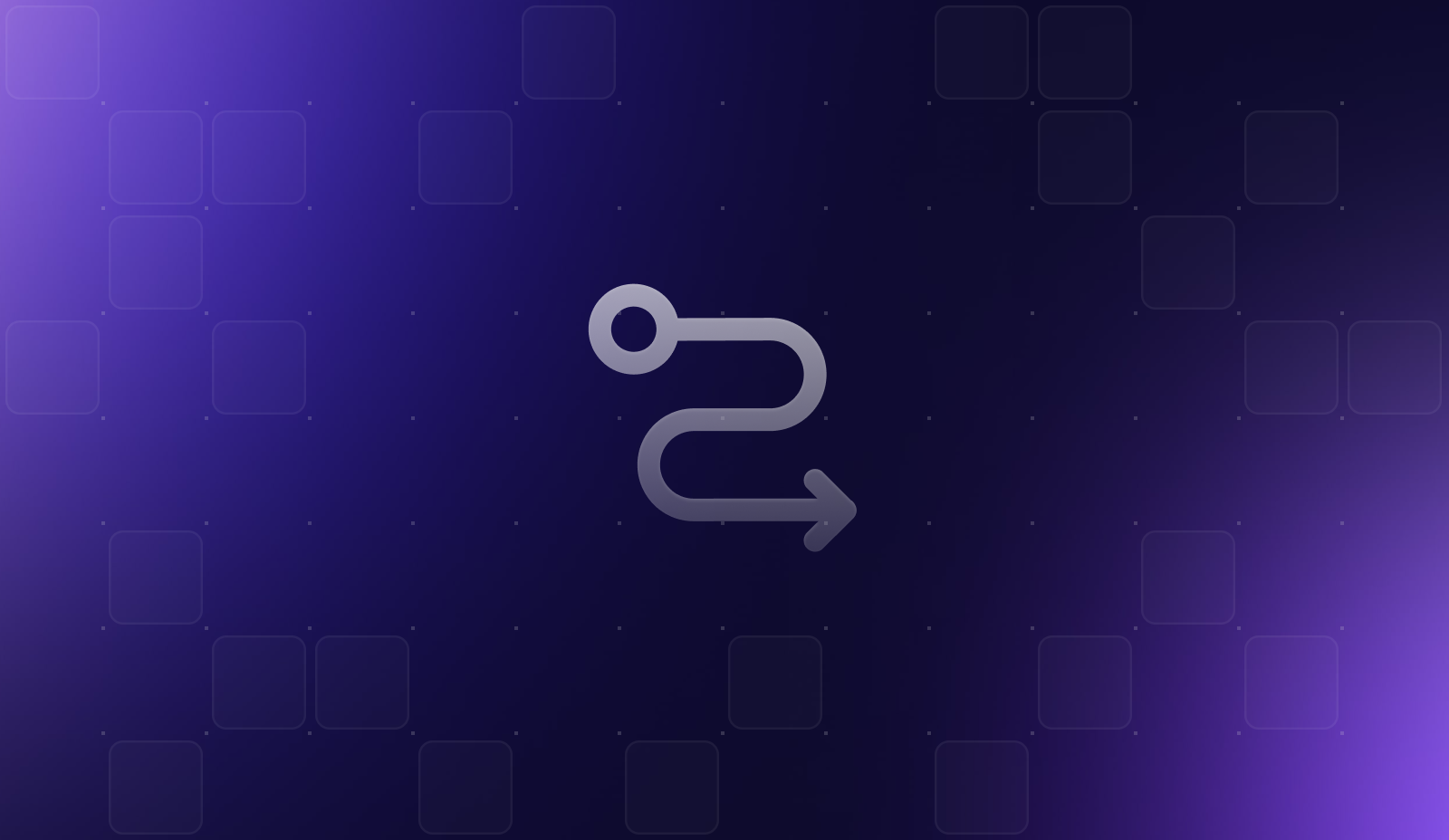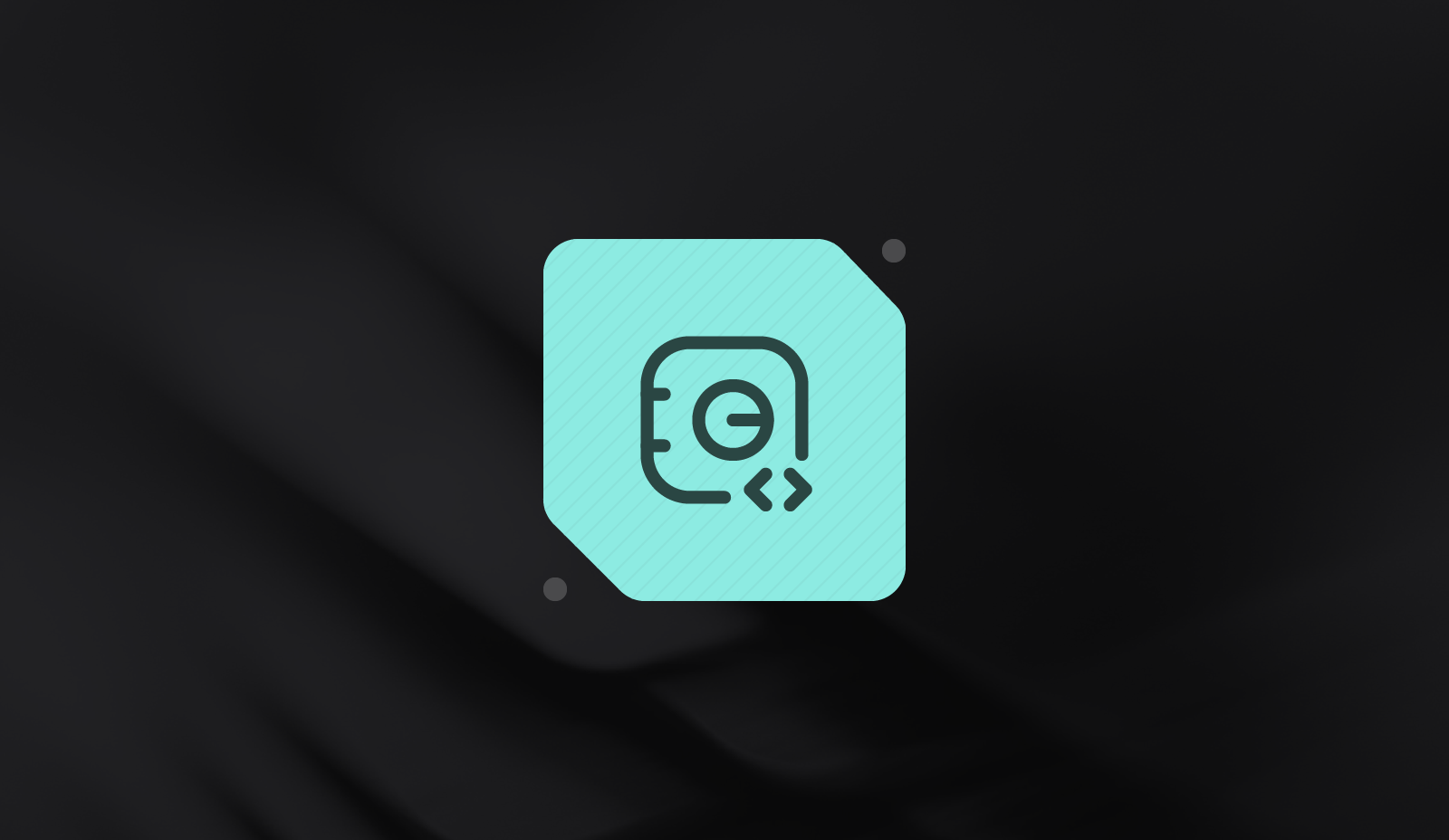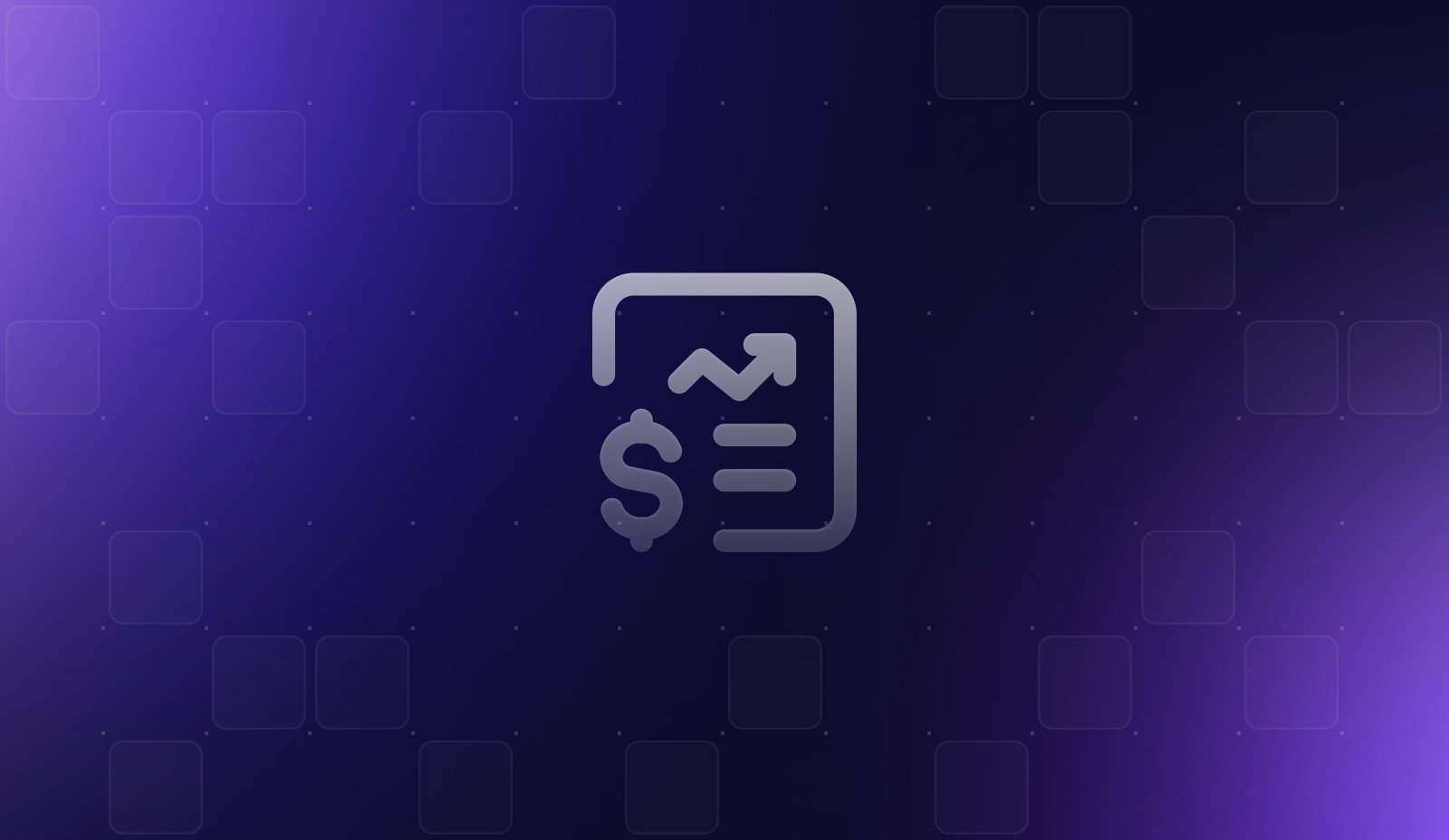Payment Orchestration: What a merchant needs to know

In a world where merchants rely on service providers to operate their businesses, dependence on any single provider creates risk if that service is ever interrupted. Merchants must learn to orchestrate payments if they are to avoid the pitfalls of a single point of failure in their payment systems.
Consider the Adyen outage as an example of the critical impact on a merchant when their one and only payment service provider (PSP) experiences a service disruption. Or, the devastating blow that can be sustained when Stripe shuts them down.
While cash can still be king at physical locations, the more PSPs a business can work with, the higher the potential volume for sales—and the greater the need is to orchestrate how payments are processed. This is known as a multi-PSP approach.
Payment orchestration is associated with a multi-PSP strategy. Orchestration refers to managing an entire payment lifecycle through a single merchant platform that uses multiple connections to PSPs, fraud providers, billing platforms, and various other services. Rather than establish multiple self-contained PSP relationships, a payment orchestration platform has dynamic connections that merchants can use to control how transactions are routed, authorized, and settled.
Orchestration happens across multiple processors, geographies, and payment methods, and delivers significant economies that can boost bottom lines.
Compared to payment routing, which is the process of directing transactions from point A to point B to a processor or financial institution, payment orchestration encompasses multiple tools and services.
Payment orchestration platforms deliver several benefits beyond payment routing:
- Increased Approval Rates: Because transactions are routed to the best processor based on real-time data, merchants will see an increase in approval rates.
- Decreased Transaction Costs: Specific types of transactions can be routed to the processor with lower fees.
- Freedom to Manage Multiple connections: Easy-to-use interfaces provide a single location for managing connections.
- Redundancy: Building a backup processor to manage retries of failed transactions, and to protect against downstream system outages.
Many orchestration providers can also work with merchants without requiring development work.
How to Orchestrate Payments

At their core, orchestration providers are smart routing engines for B2B and B2C payments.
After the card data is captured at checkout, the orchestrator filters payment options based on specific transaction criteria, such as the customer’s country and risk score. The transaction is then routed to the most suitable provider based on payment type, PSP response time, transaction cost, and acceptance rate. These decisions are made in real-time.
Merchants use orchestration platforms to connect with multiple PSPs and offer their customers alternative payment methods. These combinations are why orchestration platforms are known for improving authorization rates.
Payment Orchestration Use Case
For example, a global merchant might choose to have transactions processed by providers in the buyer’s home country. In this case, payment orchestration can solve international funds flows without the aid of significant supporting technologies.
- The customer enters their payment details.
- These details may be collected and stored by the merchant, sent directly to the PSP, or tokenized and stored in a third-party token vault.
- The merchant sends the details to a PSP or gateway.
- This may have happened automatically if the details were sent directly to the PSP. If the details are in the merchant’s control, however, there is an opportunity at this step to decide which PSP should be used for the deal.
- The customer’s payment method information is tokenized and sent to the acquiring bank and card network (or other payment processor).
- The gateway or payment orchestration platform performs a series of security checks before passing the transaction on and may, in fact, cancel it before ever passing it to the card networks. The reasons for this vary, but they all come down to whether the PSP’s internal fraud detection systems clear the transaction.
- The merchant’s and customer’s banks verify and authorize the pending transaction.
- Ensuring that the payment orchestration platform has positive and active relationships with both sides of the transaction increases the likelihood of success.
- Generally, the acquiring bank communicates the authorization response code to the payment gateway, which passes it on to the merchant.
- In the case of a failure, the failure code itself can be used by the merchant to decide what to do next. The next steps range from simply declining to close the deal to re-presenting the same information to a different PSP.
The bottom line is that the PSP, or payment gateway, generally enables a linear process of presenting cardholder details to a card network and communicating the decision of whether or not to honor the transaction by the issuing and acquiring banks. By contrast, payment orchestration represents lower-level decision-making processes, like a proprietary fraud check, selecting which PSP to use, and deciding whether to automatically attempt a second attempt in the case of a decline.
Where Payment Orchestration Platforms Fall Short
The reality for many merchants is that payment orchestration provides more than what merchants need. A utopian plan can become complicated and overwhelming for many merchants.
Single-Point-of-Failure Threats
Moving to a multi-PSP setup minimizes the risk of any single points of failure. Working with an orchestration platform moves the risk from one location to another. A primary reason for implementing payment routing rules is to safeguard against payment failure, account shutdown, or PSP outage. By dynamically routing payments, merchants try to reduce single-point-of-failure issues by giving payment optionality. But, should the orchestration provider have an outage, the routing rules, the connections, and the payment processing can all go down.
Unnecessary Features
Complicated routing, logic, and advanced settings sound exciting on a pitch deck but the vast majority of merchants don’t need—and won’t use—the sophisticated features that come with payment orchestration providers. It is like buying a ticket to Disneyland just to get a churro—you likely won’t see a positive ROI leveraging such a small portion of the product (even with how good those churros happen to be!)
Inflexible Omnichannel and Partner Options
Given just how vast the payment landscape truly is, it is impossible for payment orchestration platforms to offer connections to every payment partner a merchant may want. These platforms will often prioritize the highly sought-after PSPs and any partners with whom they may have binding contractual agreements. The sticking point is when a merchant needs to connect with a partner not offered in the preset “marketplace” of connections.
Merchants Don't Need Complex Routing
A huge myth in payments today is that merchants require complex routing strategies to optimize fees, flows, and revenue. However, most merchants want—and honestly, benefit more from—a much simpler approach to payment optimization: the ability to integrate a backup processor.
Getting Started as an Orchestrator
Choosing the right payment orchestration company, whether that is a more ‘black box’ experience where they hold the payment gateway relationships or one that offers a greater depth of flexibility in subscriptions management or treasury and payables management, is based on the business's needs.
Perhaps the promises of orchestration truly resonate with the more established merchants. They have the teams to implement a strong solution with a third-party orchestrator and want more complex routing rules for payments.
What may come as a surprise, however, is the sticker shock of using third-party orchestration platforms when processing large volumes of payments. These solutions often tout the opportunity for volume discounts. Some third-party payment orchestration companies include Spreedly, Payoneer, and BlueSnap.
Still, orchestration companies may fail to mention that more complex routing rules (often most beneficial to use at high volumes) come at an additional cost. If not through an add-on feature, then in the form of a higher-tiered plan. What was once scalable becomes unaffordable.
Merchants can also become orchestrators by taking a module approach to payments. If they have the engineering team to accomplish this, merchants can optimize their payment workflows with simple or complex routing logic within their systems.
Regardless of the direction, the first step in implementing payment orchestration is to get control of the cardholder data. This can be done by either achieving PCI Level 1 compliance and owning the cardholder data environment or using a third-party tokenization provider like Basis Theory.
We call this payment orchestration 2.0.
With payments 2.0, merchants become the orchestrator, and ensure that:
- All customer-sensitive data is secure yet available for use.
- Customer cardholder data (CHD) can process transactions across a functionally infinite range of payment methods and providers.
- Cardholder data is maintained in the tokenization provider’s secure vault, keeping out of PCI-DSS scope.
The merchant simply uses the tokenization provider’s API to collect and store customer PII and CHD and instructs the provider to transmit that information to the preferred downstream payment processors and gateways.
Armed with processors and gateway options, merchants increase their successful transactions, decrease their costs, and reduce the risk of centralizing too many services on a single platform—whether that’s a full-service PSP or payment orchestrator. Optimize for mobile, local acquiring, contactless payments, or creating a unified omnichannel commerce experience. Evaluate your company goals and engage the appropriate stakeholders in the decision-making process.
This should be step one for most merchants as they begin to scale or build a payments stack to approve the most payments at the lowest possible cost.
.png?width=365&height=122&name=BTLogo%20(1).png)



